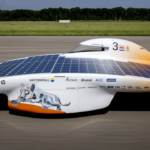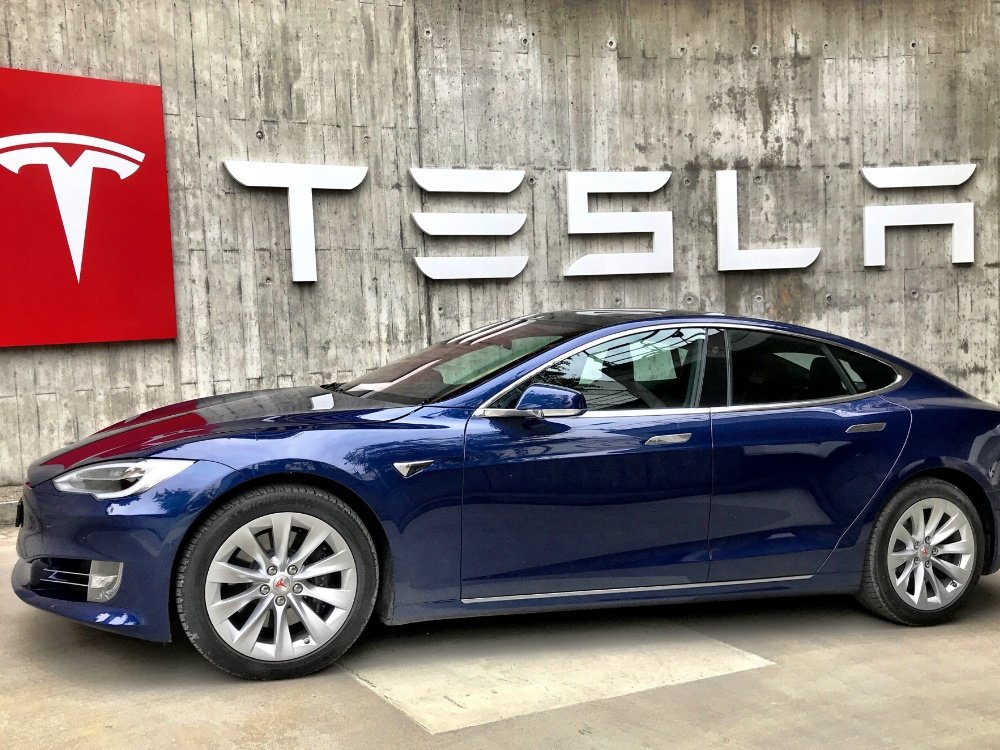Tesla has been dominating headlines with its breakthroughs in electric vehicles (EVs), from sedans and SUVs to the futuristic Cybertruck. However, one vehicle that hints at a potential revolution in the motorhome industry is the Tesla Semi. This article explores the idea of the Tesla Semi refashioned as an electric motorhome and discusses potential pros and cons along with industry perspectives.
Introduction to Tesla Semi
First unveiled by Tesla CEO Elon Musk in 2017, the Tesla Semi is an all-electric battery-powered Class 8 truck. It comes in two variants, boasting an impressive range of 300 and 500 miles, respectively Tesla, 2021. With these figures, the Semi marks a significant leap forward in the pursuit of sustainable long-haul transportation.
An Electric Vision: Tesla Semi as a Motorhome
Transitioning the Tesla Semi into a motorhome introduces opportunities for a sustainable, long-range, and high-tech recreational vehicle experience. Its high energy density batteries and the potential for virtually zero emissions introduce a much-needed level of sustainability to the motorhome industry.
Promising uninterrupted journeys enriched by Tesla’s emerging autonomous driving feature, the Semi could set the groundwork for a fully autonomous electric motorhome, changing the recreational travel game Tesla, 2021.
Potential Roadblocks
While the idea is intriguing and exciting, transforming a Tesla Semi into a motorhome raises a number of practical considerations.
First, despite its range capabilities, the issue of charging logistics remains critical. As of 2021, there are around 25,000 Superchargers in Tesla’s global network Statista, 2021. However, Semi-compatible chargers would require higher power levels, which may call for an expansion and upgrade of the existing infrastructure.
Second, the size and weight of putting a living space on the Semi’s chassis could lower its range, impacting its overall efficiency.
Third, the initial cost of the Semi (estimated at around $150,000 to $200,000) could increase significantly with a motorhome conversion, potentially pricing out many consumers.
Industry Perspectives and Market Opportunities
Despite the challenges, market reactions to an all-electric motorhome are generally positive. Industry professionals and enthusiasts alike see the Tesla Semi’s potential as a catalyst for a new era in the motorhome segment.
The Semi aligns with growing trends towards “green RVing.” According to a survey by the RV Industry Association, 40% of RV owners prioritize eco-friendly features when purchasing a motorhome RVIA, 2019. This suggests a significant potential market for electric motorhomes.
The Tesla Semi’s transformation into an electric motorhome promises to disrupt the industry, offering an enticing blend of sustainability and cutting-edge technology. However, challenges remain, including charging infrastructure, efficiency concerns, and potential high costs. As the automotive world accelerates towards electrification, the Tesla Semi could redefine the recreational travelling experience. Time will tell if this exciting potential will be realized.















